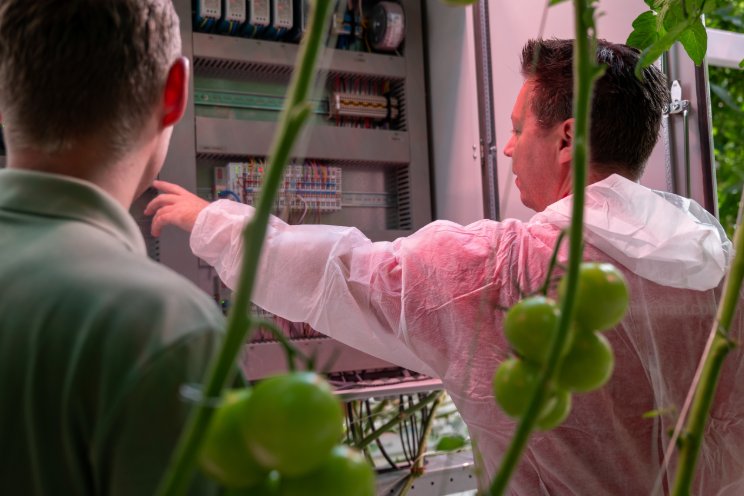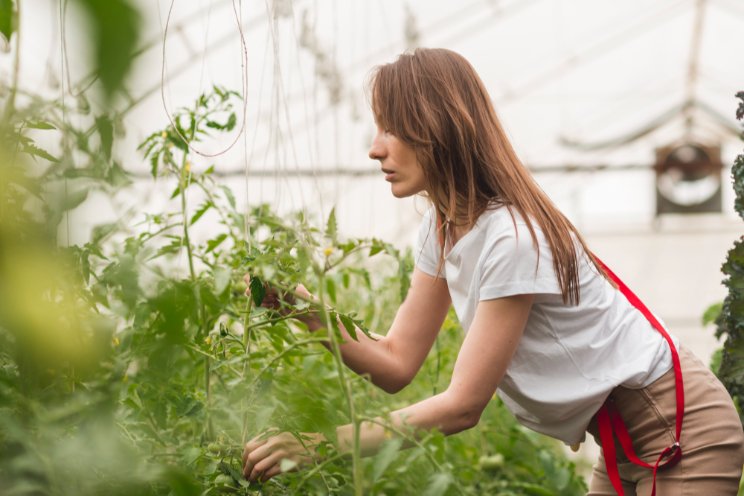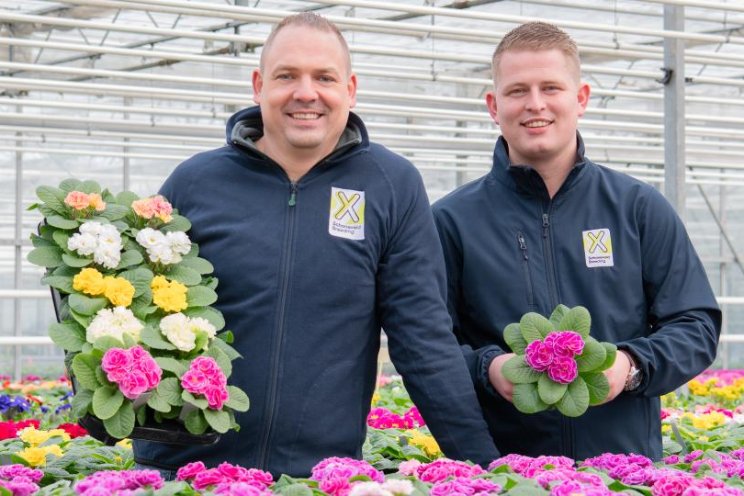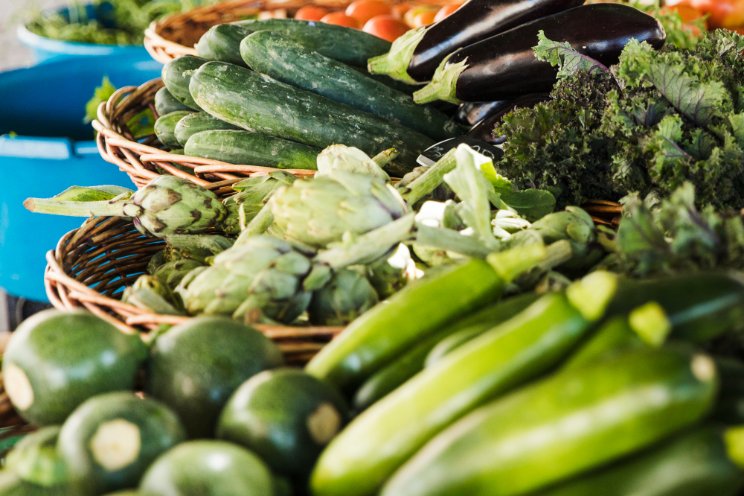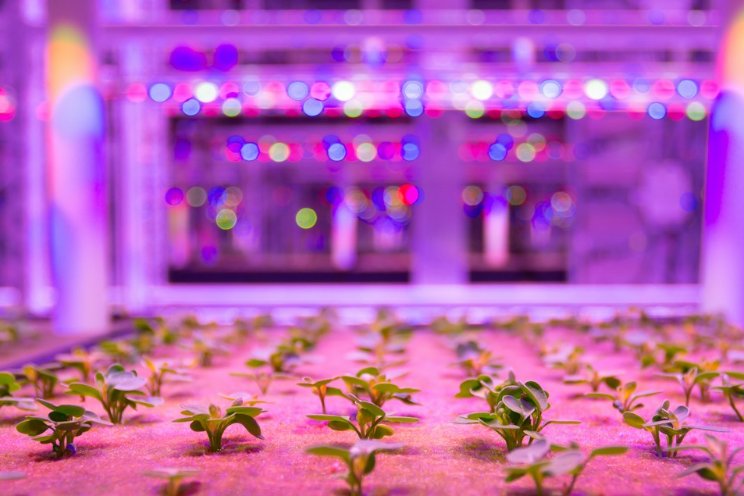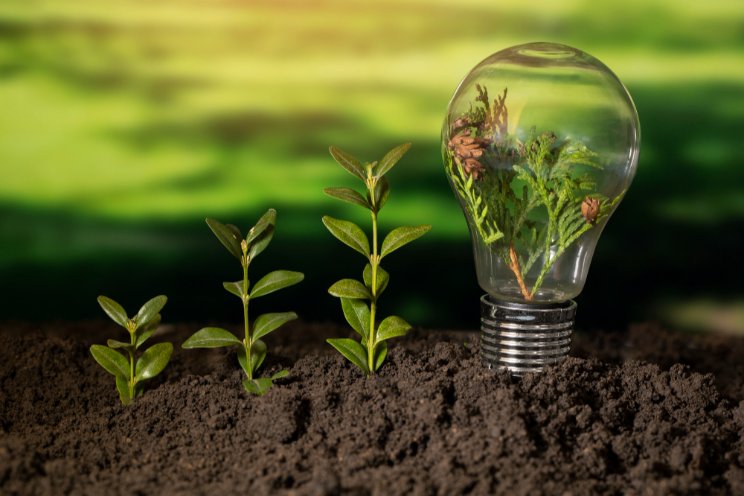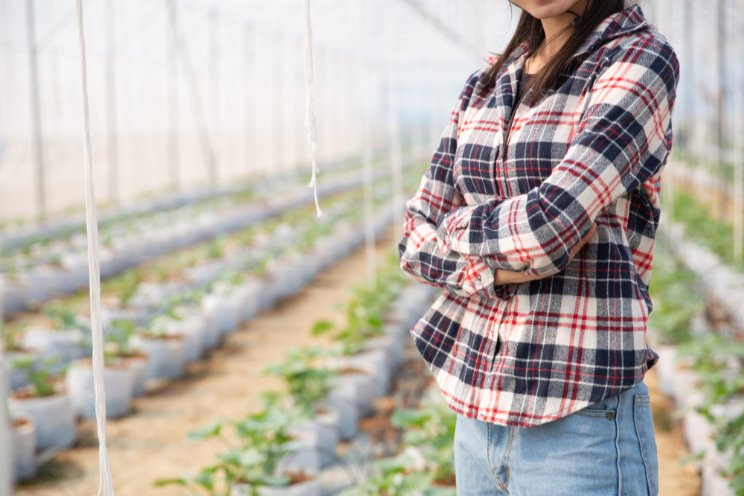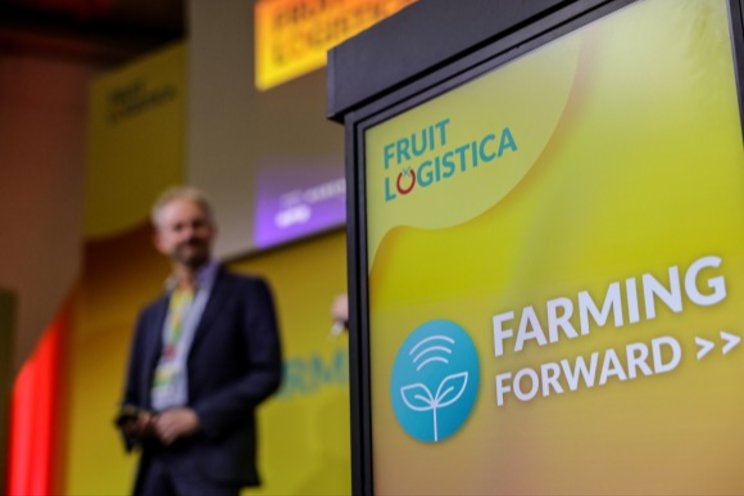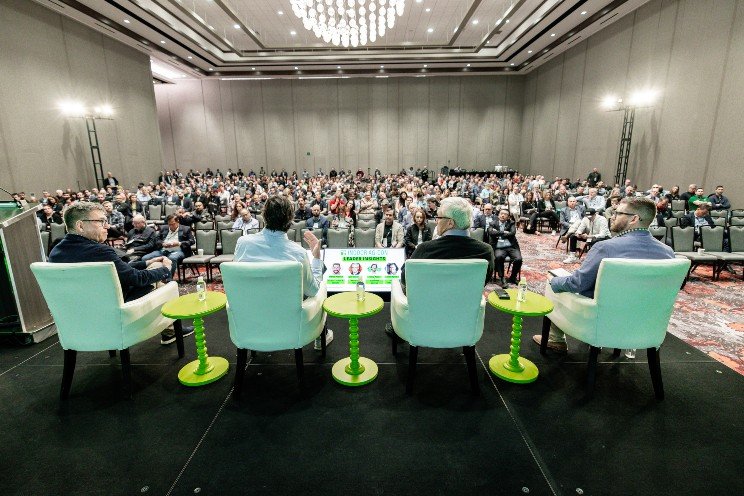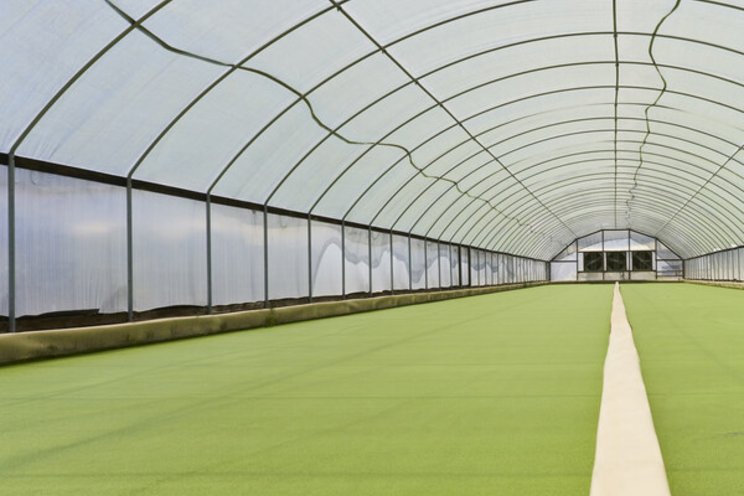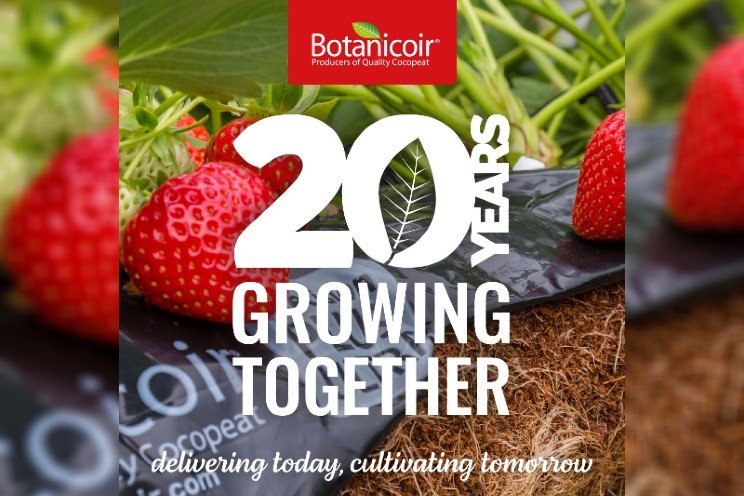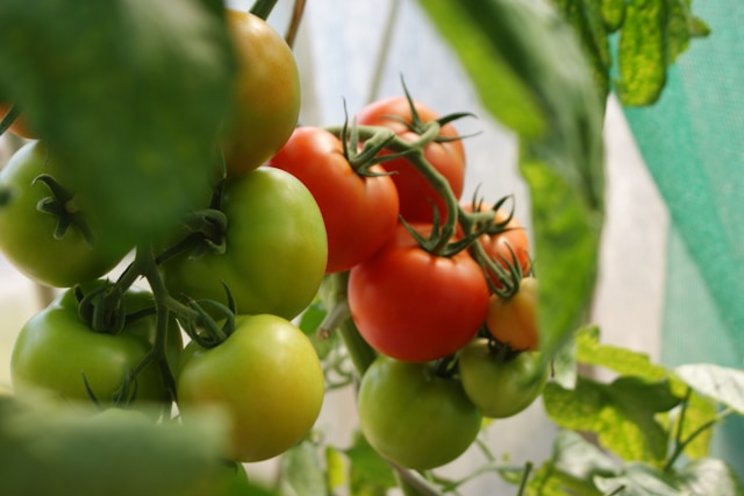UK firm set to harvest major vertical farming deals
Added on 02 February 2021
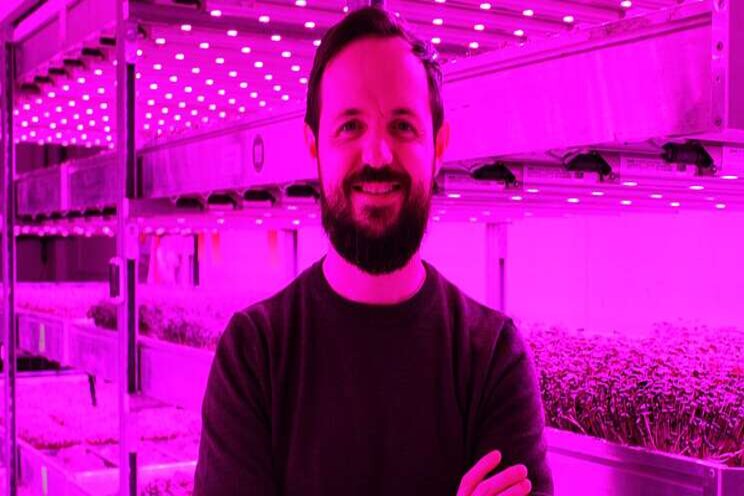
London-based controlled-environment agriculture firm Vertical Future is set to announce major deals in the next month, which will make the Middle East its largest market.
The company currently grows produce for over 100 London-based restaurants and thousands of UK homes.
Vertical Future will deploy its proprietary vertical farming system across the region "within the next two months", the company's founder and CEO Jamie Burrows, told Arabian Business.
Vertical Future is in "ongoing and advanced stage" discussions with regional parties, he confirmed.
The global vertical farming market is estimated to be valued at around $80 billion and growing at a CAGR of around 25 percent - with value derived across technology, infrastructure, software,and operations, according to proprietary Vertical Future data.
Vertical farming is the practice of growing crops in vertically stacked layers. It often incorporates controlled-environment agriculture, which aims to optimize plant growth, and soilless farming techniques such as hydroponics, aquaponics, and aeroponics.
Regional expansion
To accelerate regional plans, Vertical Future has chosen to partner with GreenBridge, a Lebanon and Egypt-based agriculture company that has been active in the region for three decades.
The partnership will see Vertical Future bring agriculture technologies, market networks, plant science expertise and marketing knowledge to the region. GreenBridge will offer on-the-ground operations support and local expertise.
"In order for us to expand into a complex regional market like the Middle East, it's important to have a viable local partner," said Burrows.
The Vertical Future CEO confirmed that the company is waiting on "several contracts" - some of which are at request for proposal (RFP) stage.
"Overall, Asia is one of the highest growth markets for vertical farming," said Burrows.
"The Middle East has a big issue with food security. There is governmental strategic interest about reducing reliance on imports," Burrows said, adding that the region would become the company's biggest market following the signing of imminent deals.
The contracts will cover plants varying in size from 3,000 sq m to 150,000 sq m, Burrows said.
"We believe that climate change is going to get worse and impact Middle Eastern countries. It will also impact countries that import food to the Middle East," the CEO said, adding that Vertical Future was looking to provide "high quality, sustainable food at better prices."
Smart farming
Vertical Future's approach to engineering and plant science has resulted in a system that allows growers to deliver nutrients through futuristic hydroponics, he said. The company claims to be able to cultivate approximately 172 per cent more produce per sq m than its competitors, while reducing energy usage by up to 60 percent.
In a region that imports most of its food, Gulf policymakers are gearing up to increase domestic production through smart farming as coronavirus continues to disrupt international supply lines.
According to a UAE representative for the UK department of investment and trade (DIT), the pandemic has "hastened" the country's focus on agritech.

"Since the pandemic, we have been fine-tuning our food strategy as we go along, including buying up [foreign] arable land and improving domestic production," said Adil Khan.
In a global first, the UAE government appointed a food security minister in 2017. Mariam Al-Mheri's goal is to increase domestic food production by 30 percent by 2021 and give the local processing industry, which produces six million tonnes of food annually, the ability to triple output if needed.
The Gulf region, hamstrung by its unfavourable climate, scarce water, and limited arable land, imports around 85 percent of total food consumed, according to Alpen Capital's GCC Food Report 2019.
Photo: Vertical Future founder and CEO Jamie Burrows.
Source: Arabian Business
Source: Arabian Business
More news
